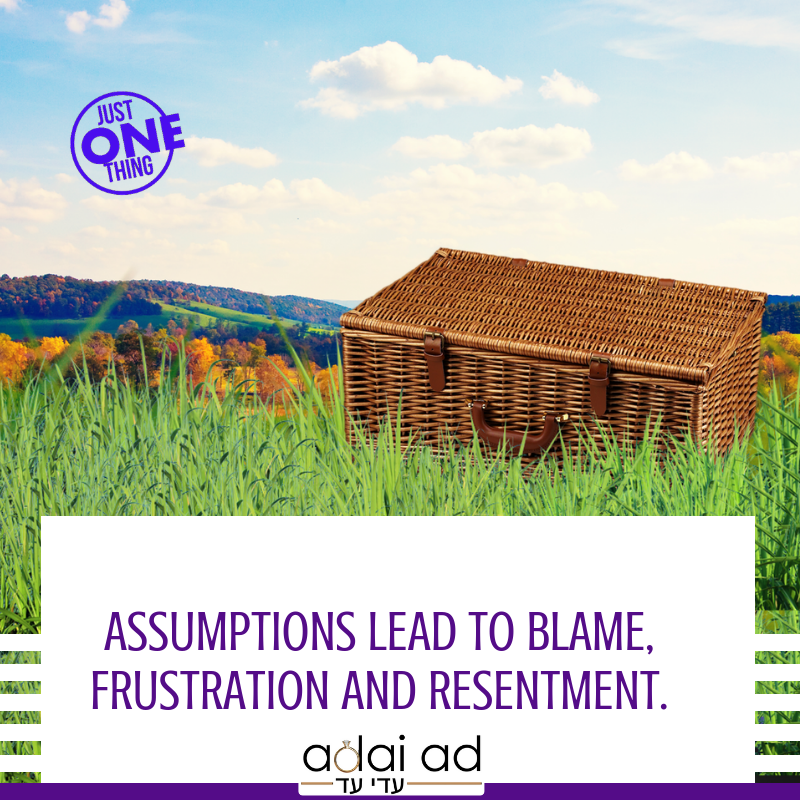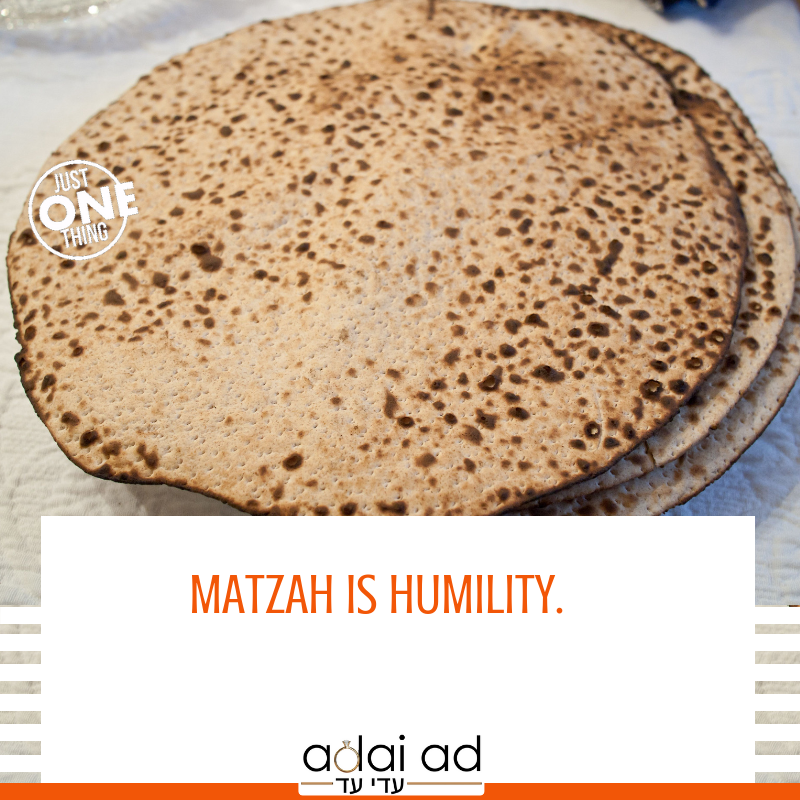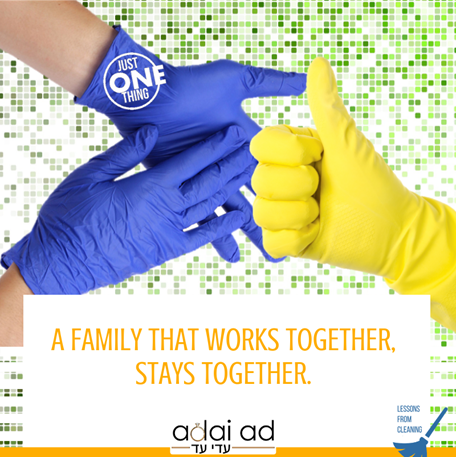Assumptions lead to blame, frustration and resentment.
Don’t assume that you know the other person’s intentions. Too often, we infer their intentions. And we get it wrong. Those assumptions lead to frustration, blame and then resentment. “He left it behind because he doesn’t care how important it is to me.” “She didn’t do what I asked because she really doesn’t care about […]
Assumptions lead to blame, frustration and resentment. Read More »









